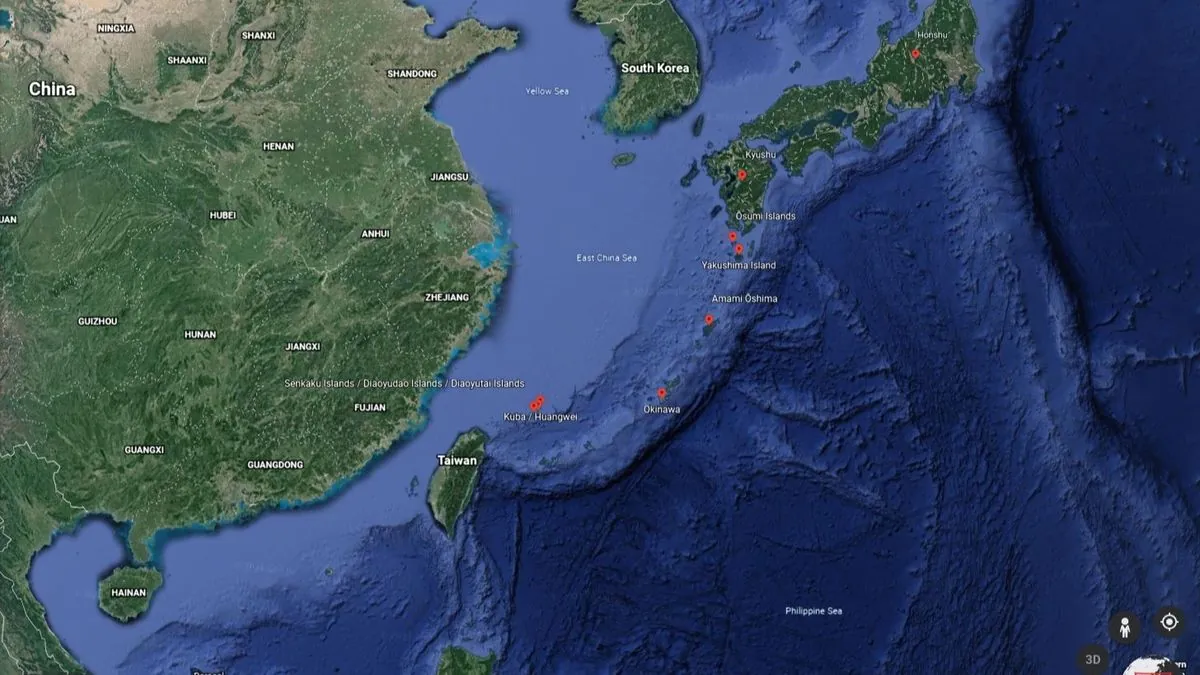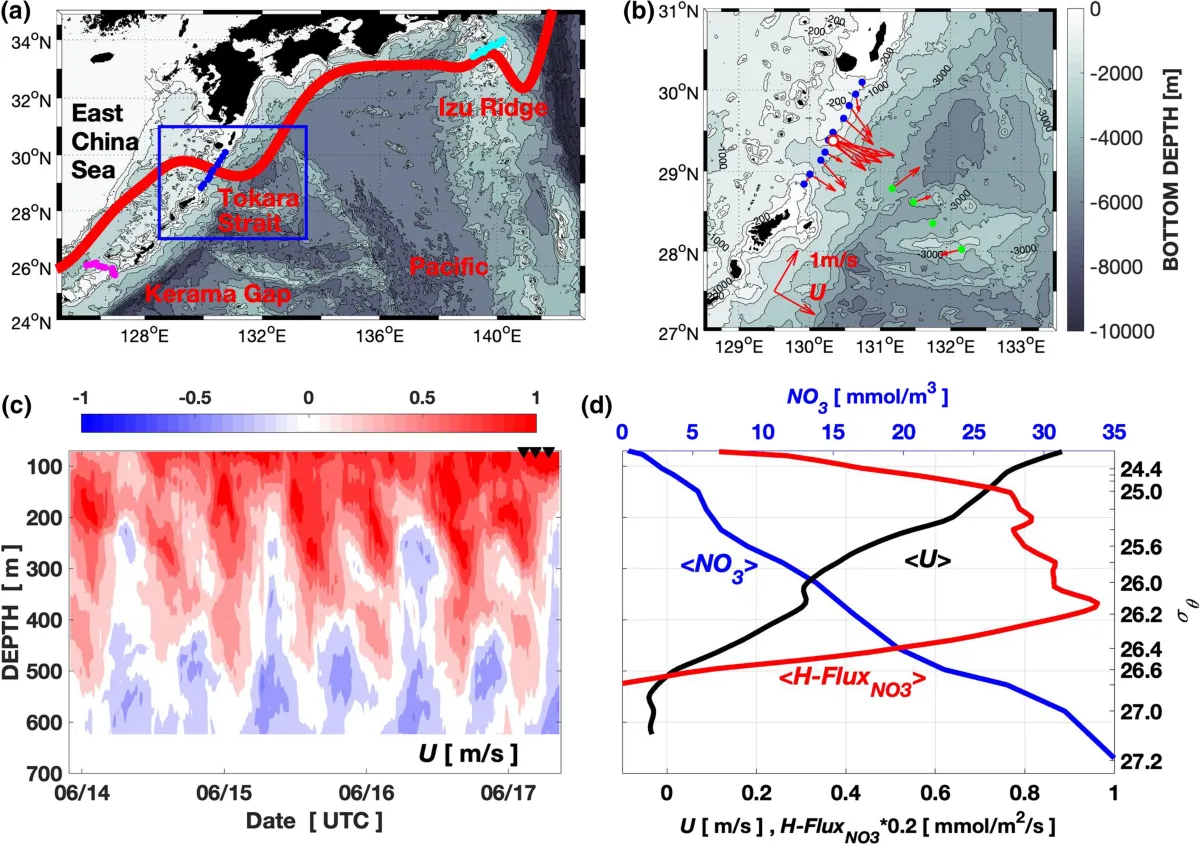China Defends Naval Passage Through Tokara Strait, Japan Protests
China asserts its right to transit the Tokara Strait, citing international law. Japan protests the entry of a Chinese naval survey vessel into its waters, escalating maritime tensions.

On September 2, 2024, China defended its vessels' passage through the Tokara Strait, asserting their right of transit and claiming legitimacy under international law. This statement came in response to Japan's protest over a Chinese naval survey vessel allegedly entering Japanese waters two days prior.
Mao Ning, a spokesperson for China's foreign ministry, addressed the issue during a regular press briefing. She stated, "According to the relevant provisions of the United Nations Convention on the Law of the Sea, the Tokara Strait is used for international navigation, and it is completely legitimate and lawful for Chinese vessels to exercise the right of transit passage through the strait."
The incident highlights the ongoing maritime tensions between China and Japan, particularly in the East China Sea region. The United Nations Convention on the Law of the Sea (UNCLOS), which both China and Japan ratified in 1996, defines various maritime zones and rights. However, interpretations of these laws can differ, leading to disputes.

The Tokara Strait, located between Yakushima and Kuchinoerabu-jima in Japan's Kagoshima Prefecture, is considered part of Japan's internal waters. However, China's assertion of the right of transit passage suggests it views the strait as an international waterway.
Naval survey vessels, like the one involved in this incident, are often used for hydrographic and oceanographic research, which can have both civilian and military applications. Their presence in disputed waters can be seen as provocative or as a means of gathering strategic information.
This event is part of a broader context of maritime disputes in the region. The East China Sea has been a source of tension between China and Japan for years, with the Senkaku Islands (known as Diaoyu in China) being a major point of contention. Both countries have been expanding their naval presence and capabilities in recent years, leading to increased encounters and potential for conflict.
Japan's Coast Guard regularly monitors and reports on foreign vessel activities in its waters, and diplomatic protests are a common way for countries to express disagreement over maritime issues without escalating to more serious measures. The concept of "freedom of navigation" remains a key principle in international maritime law, but its application in specific cases can be complex and disputed.
As both nations continue to assert their maritime claims, the international community watches closely. The role of organizations like the International Maritime Organization (IMO) in regulating international shipping and navigation may become increasingly important in managing such disputes and preventing escalation.
The ongoing situation underscores the need for clear communication and adherence to international laws to maintain stability in the region's waters. As China and Japan navigate these choppy diplomatic waters, the international community remains hopeful for a peaceful resolution to these maritime challenges.


































